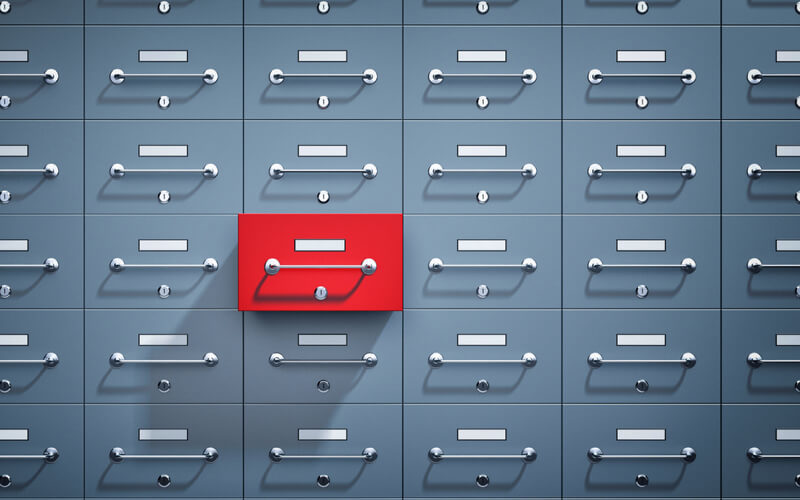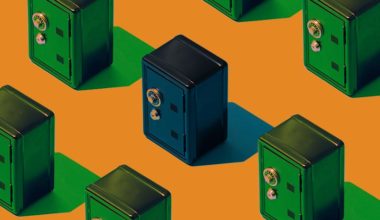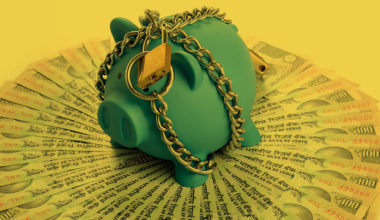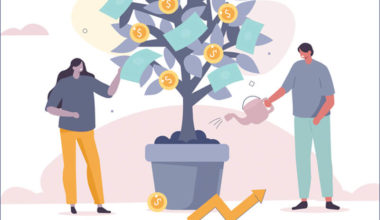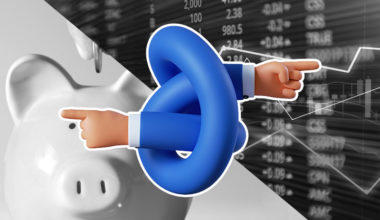Fixed deposits, which have become a popular choice for safe and secure investments, are particularly appealing to new investors. While opening a fixed deposit is relatively straightforward, there are a few important factors to be aware of.
Table of Contents Show
To help you understand more about fixed deposits, here is a summary of their features, benefits, eligibility requirements, and types.
What is a FD?
A fixed deposit (FD), also known as a term deposit or time deposit, is a type of investment offered by banks and non-banking financial institutions (NBFCs). It is a safe investment option that allows users to deposit a lump sum amount with a financial institution for a specific period of time. FDs offer a range of other features, including:
- You can earn interest on the amount you deposited for a fixed period of time, at a predetermined interest rate.
- The interest rate on a fixed deposit does not change, regardless of fluctuations in the market or other interest rates.
- You can earn interest either periodically or when the fixed deposit matures.
Key Features of Fixed Deposits
Listed below are all the features of fixed deposits that you should know before investing in them:
- Before opening a fixed deposit account, you should decide on the amount you want to deposit. Any additional funds must be deposited in a separate account.
- Fixed deposit accounts typically offer higher interest rates compared to other investment options.
- The returns on a fixed deposit are not affected by market fluctuations.
- Fixed deposits offer guaranteed returns.
- You can choose to earn interest on your fixed deposit on a monthly, quarterly, annual, or at maturity basis.
- Fixed deposits are generally considered to have low liquidity.
- Fixed deposits can be renewed after they mature.
- There is no maximum limit on the amount that you can deposit in a fixed deposit account.
Benefits of Fixed Deposit
The following are some of the advantages of a fixed deposit:
1. Safe Investment Option
Fixed deposits (FDs) are considered to be one of the safest investment options, as they offer a fixed rate of interest that is not affected by market conditions. This makes them a reliable and stable investment option.
2. Assured Rate of Interest
Fixed deposit (FD) holders are guaranteed to receive a set rate of interest on the amount they have deposited. Many banks provide online calculators that allow FD holders to calculate the interest they will receive upon maturity of the FD. These calculators can be found on the banks’ websites.
3. Hassle-free investment
To invest in fixed deposits (FDs), you can use a savings account. You can invest in an FD by visiting a bank branch or investing online. When the FD matures, you have the option to renew it or have the amount credited back to your account.
4. Compound interest
If you choose to reinvest the amount of your matured fixed deposit (FD), you may be eligible to earn compound interest. Compound interest means that you will earn interest on the principal amount of your FD as well as on any interest that has accumulated. This can result in a higher overall return on your investment.
5. Tax Saving
In India, many banks offer tax-saving fixed deposit (FD) options to their customers. These FDs allow customers to lower the amount of taxable income they must pay by investing a portion of their income in an FD.
6. Flexible Tenure
Fixed deposits (FDs) have a range of terms that investors can choose from, ranging from 7 days to 10 years. FDs can be used to meet both personal and business needs. For example, if you want to access your money after 5 years, you can invest in a tax-saving FD with a 5-year lock-in
7. Loan against FD
An individual can use the funds from a fixed deposit (FD) to finance themselves, rather than taking out an unsecured loan with a higher interest rate. Loans taken out against an FD have a lower interest rate than the interest rate on the FD itself. Additionally, taking out a loan against an FD does not require the depositor to cancel their FD. They can continue to earn interest on the FD while also using the funds from the loan for their financial needs.
Types of Fixed Deposits
There are various types of fixed deposit options available in the market; by comparing them, you can choose the best one for you. Here is a table that compares various types of fixed deposits:
| Type of fixed deposits |
|
|---|---|
| Cumulative Fixed Deposit |
|
| Non Cumulative Fixed Deposit |
|
| Bank deposits |
|
| Company deposits |
|
| Senior citizen FD |
|
| NRIs FDs |
|
| Regular FDs |
|
| Tax saving FDs |
|
| Standard FDs |
|
Documents Required for Fixed Deposit
To open a fixed deposit account with a bank, you must provide the following documents:
- A photocopy of a government-issued identification card, such as a PAN card, passport, or voter ID card
- A completed and signed application form and a passport-sized photograph
- Proof of residence, such as an electricity or telephone bill, or a photocopy of a passport
- Note that original documents may be required for verification.
Read More: Documents Required for Fixed Deposits
Who can Opt for Fixed Deposit?
If you want to open a fixed deposit in India, you must be one of the following:
- Indian residents
- Non-Resident Indians (NRIs)
- Senior citizens
- Minors
- Individual or joint venture owners
- Societies
- Sole proprietorship owners
- Company owners
Who Should Invest in Fixed Deposit?
Fixed deposits are recommended as an investment option for the following personnel:
- Fixed deposits are a good option for those who do not want to take on market risk.
- If you have taxable income, an FD can be a way to save on taxes through investing.
- Retired individuals who want a steady source of income can consider FD schemes.
- Individuals who have a reasonable amount of money to invest, such as housekeepers, can compare various FD options and choose one that meets their needs.
How to Find the Right Fixed Deposit?
Though there are many factors to consider when selecting an FD option to invest in, there are a few basic things to consider before investing-
- Compare the FD options offered by different banks to find the best one for you.
- Decide whether you want to invest in cumulative or non-cumulative fixed deposits.
- Check the credibility of the lender by looking at ratings provided by CRISIL and ICRA.
- When choosing a bank to open an FD with, consider one that has good customer service and an easy onboarding process.
How to Open a FD Account?
There are two ways to open your FD account – Online and Offline
Online
Follow these simple steps to open an FD account online:
- Log in to your bank’s online banking platform
- Enter all of the required information and submit the form.
- If you are opening an FD account with a bank you already have an account with, you may not need to complete the KYC process again as the bank already has your information on file.
- If you are opening an FD with a new bank, make sure you have all of the necessary KYC documents and a passport-sized photograph ready.
Offline
To open an FD account offline, follow these steps:
- Go to your bank’s branch and fill out the application form with all of the required information.
- Submit the form to the appropriate official.
- Deposit the necessary amount and obtain a receipt.
- If you are opening an FD account with a new bank, speak with a banking representative who can guide you through the process. In addition, make sure to bring all of the necessary KYC documents and a passport-sized photograph to complete the FD account process.


